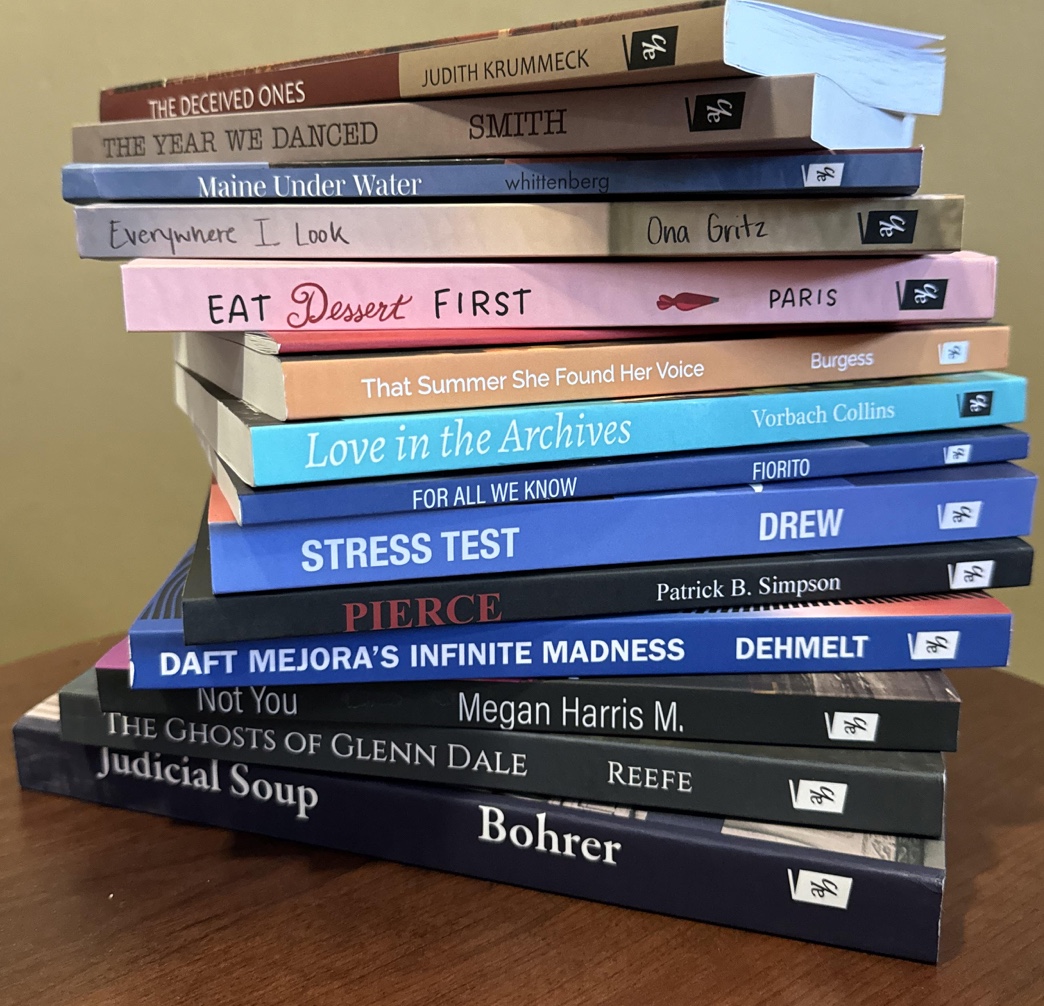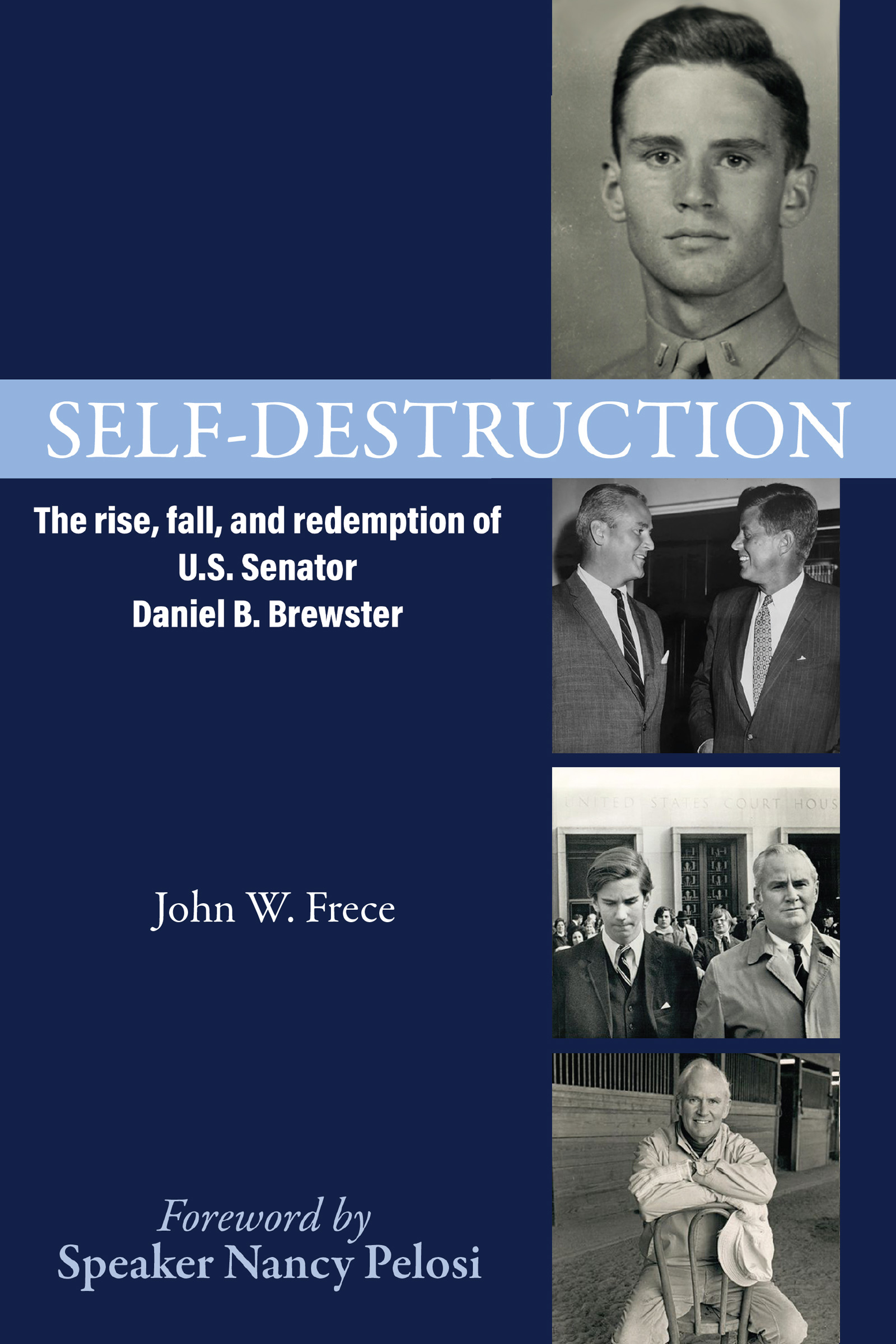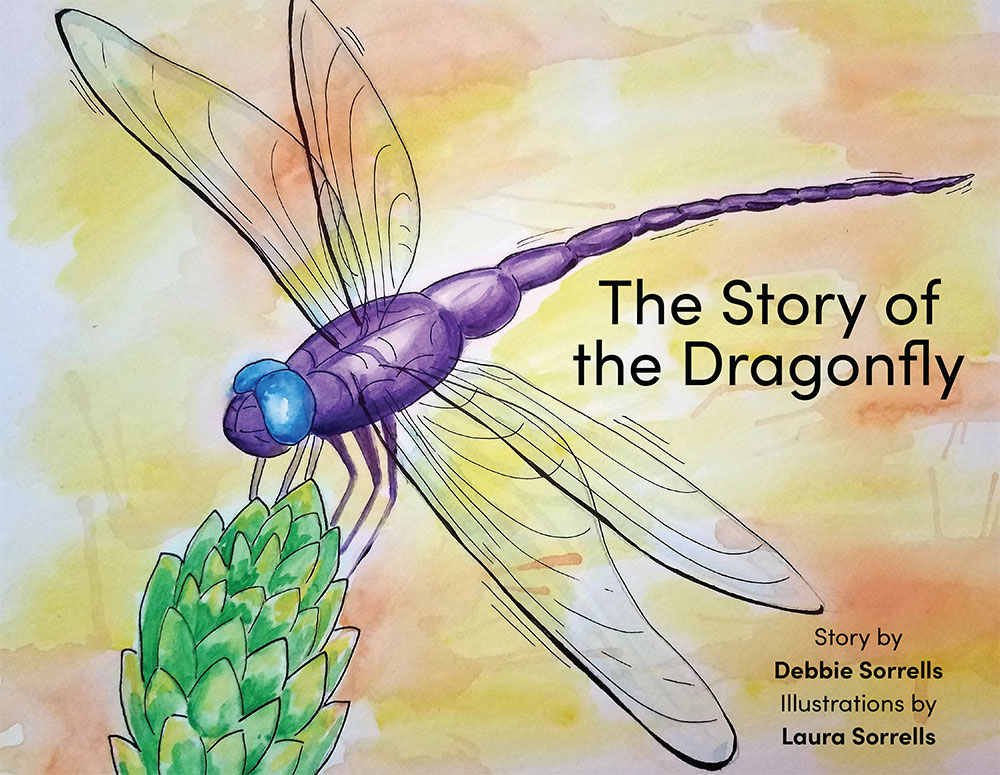This Q&A offers an inside scoop on Sandra Rokoff-Lizut, the 71-year-old author behind the poetry collection known as, Children of Someone Else’s Longing.
- What did you learn about yourself when writing the collection?
Through writing the individual poems and making a cohesive collection from them, I learned to value my own creative process. I work first through intuition, then switch to the other half of my brain. It works.
- Did your vision for the collection ever change when writing it?
My vision was the creation of a collection of my best work that flows together in a cohesive manner. That vision has remained constant.
- What surprised you about your writing process
My process was to gather many poems, those that have been published individually, as well as those resulting from my participation in writing groups, ongoing classes, workshops, and my independent writing practice. I then sorted and resorted them until I was pleased with the final result. Finally, I rewrote, relined, and/or re-punctuated many of them. I love to rewrite poetry! This fact was brought back to me in a powerful manner when, during Covid, I went through this final process. I also must admit that I also recognized how much I like my own poems.
- What do you wish you knew when you first started writing your collection?
In a way, I wish I knew a clearer, quicker path by which to create this collection. My own process is quite a lengthy one.
- Did any of your artwork inspire poems in your collection or vice versa?
The process by which I create artwork informs my process in writing. In college work, I often fall in love with one object or piece of ephemera, attempting to construct a collage around it. As the collage begins to take shape, that pivotal piece sometimes ceases to be relevant. I have to let the process reign through my willingness to let go of my original “love”. The same is true in my writing individual poems and creating a collection of them.
- How many unpublished poems did you write before you published your first collection?
Between 2011, the year that I began to seriously study and write poetry, and the time when Apprentice House accepted this collection, I probably wrote several hundred poems. Sixty-five or so were published in journals and anthologies and two won prizes in Oregon Poetry Association contests.
- How did you determine which poems made it into this collection?
My process for determining which poems made it, was constant sorting and resorting until patterns emerged: what worked individually, and what worked together. For me, it was a long and sometimes frustrating process as sorting is not my best skill.
- Did you ever use this collection as a sort of spiritual release?
Although I don’t relate to the phrase “spiritual release”. I think that my own spiritual nature, though not consciously intended, is one of the basic threads with which this collection is woven.
- Do you think you’ve changed as a result of writing this collection?
I feel more solid and confident as a poet after writing this collection. I’m truly happy with the upcoming prospects to share my work with a variety of audiences.
- Was there a poem that made you more emotional than others?
Writing “My Son Alexander’s Last Day in Paris” was extremely emotional for me. At a weekly writing practice, we charged ourselves with creating poems in forty-five minutes, including twenty random words we’d generated as a group. Included were the phrase “I hope” and, the difficulty to use the word, “evermore” My son was actually leaving Paris, on that grey October day, after spending four months working with Norwegian artist, Odd Nerdrum. The poem, about his transition to adulthood as well as my own as a mother, was birthed whole, in forty-five minutes amidst a plethora of emotions and the twenty-five assigned words, “I hope” (j’spere) and “evermore”.





